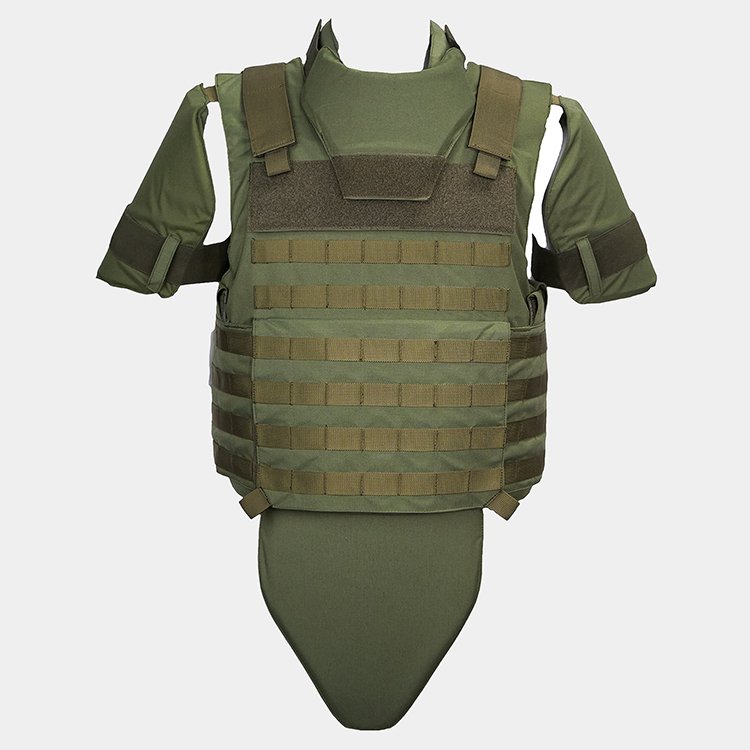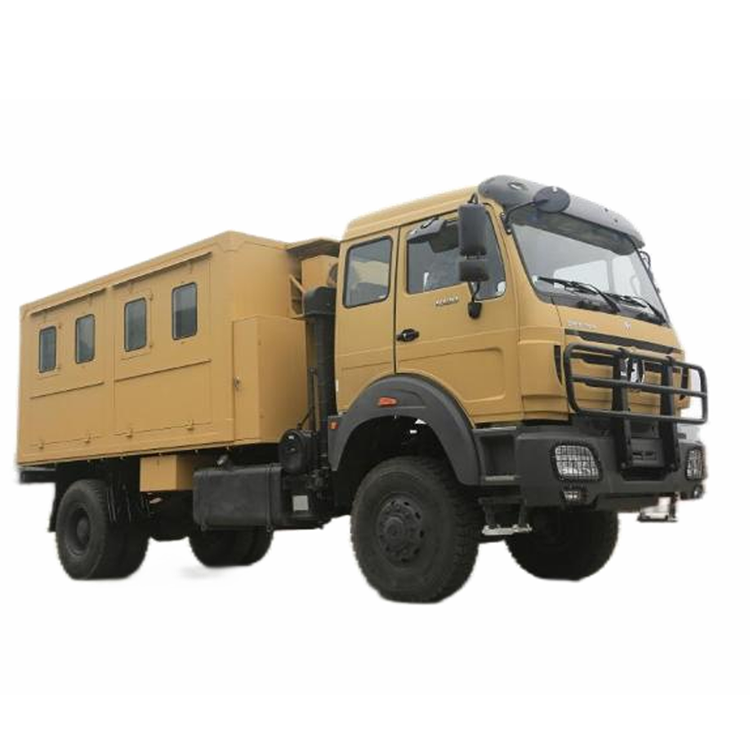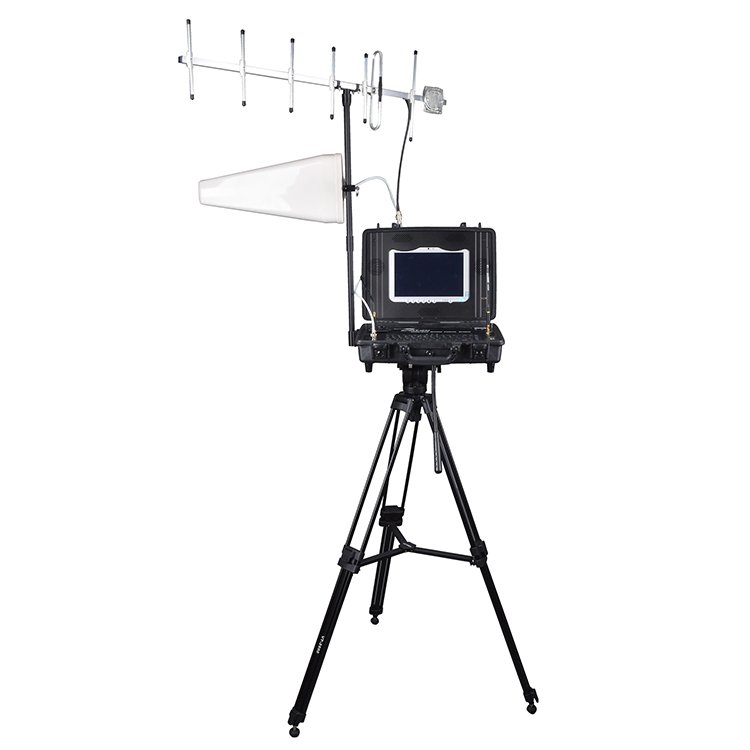Chinese Armored Vehicles in the African Market: Applications and Advantages
- Introduction
China has become a major supplier of armored vehicles to African nations, offering cost-effective, reliable, and adaptable solutions for security and defense needs. African countries, facing threats such as terrorism, insurgencies, and peacekeeping challenges, have increasingly turned to Chinese manufacturers for military and security vehicles. - Key Applications in Africa
A. Counterterrorism & Internal Security
Many African countries (e.g., Nigeria, Kenya, Mali) use Chinese-made armored vehicles (such as the Norinco VN4 and CS/VP3 Mine-Resistant Ambush Protected (MRAP)) to combat Boko Haram, Al-Shabaab, and other extremist groups.
Light armored vehicles provide rapid response capabilities in urban and rural operations.
B. Peacekeeping & UN Missions
Chinese armored personnel carriers (APCs) like the Type 07P and Dongfeng EQ2050 are deployed in UN peacekeeping missions (e.g., South Sudan, Mali, DRC).
These vehicles offer protection against small arms fire and IEDs, crucial for peacekeeping forces.
C. Border Patrol & Anti-Smuggling Operations
Nations with vast borders (e.g., Algeria, Egypt, Chad) use Chinese CSK-131 and Dongfeng Mengshi armored vehicles for surveillance and border security.
D. VIP & Convoy Protection
Governments and private security firms use Chinese armored SUVs (e.g., Hongqi HQ7) for protecting officials and diplomats in high-risk regions.
- Competitive Advantages of Chinese Armored Vehicles
Affordability: Lower cost compared to Western alternatives (e.g., U.S. Humvees or German Fuchs).
Flexible Financing: China offers loans, grants, and trade-in deals, making purchases feasible for budget-limited African militaries.
Adaptability: Vehicles are designed for harsh African terrains (desert, jungle, urban).
Diplomatic & Strategic Benefits: Arms sales strengthen China-Africa political ties and secure resource access (oil, minerals).
- Challenges & Criticisms
Maintenance & Training: Some African armies struggle with upkeep due to limited technical support.
Human Rights Concerns: Chinese vehicles have been used in crackdowns, drawing criticism from Western nations.
Competition: Russia, Turkey, and South Africa also supply armored vehicles, creating market rivalry.
- Future Trends
Increased Local Production: China may set up assembly plants in Africa (similar to Nigeria’s Norinco facility).
More High-Tech Models: Export of drone-equipped and hybrid-electric armored vehicles is likely.
Expanded Peacekeeping Role: China may supply more vehicles to UN/AU missions.
Conclusion
Chinese armored vehicles have become a critical component of Africa’s security infrastructure, offering a balance of cost, durability, and strategic benefits. While challenges exist, the trend of African nations relying on Chinese defense equipment is expected to grow, reinforcing China’s influence in the continent’s security sector.






